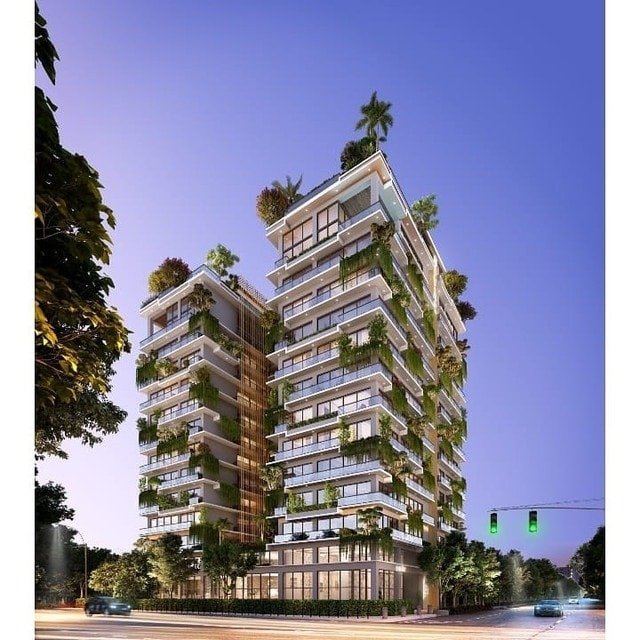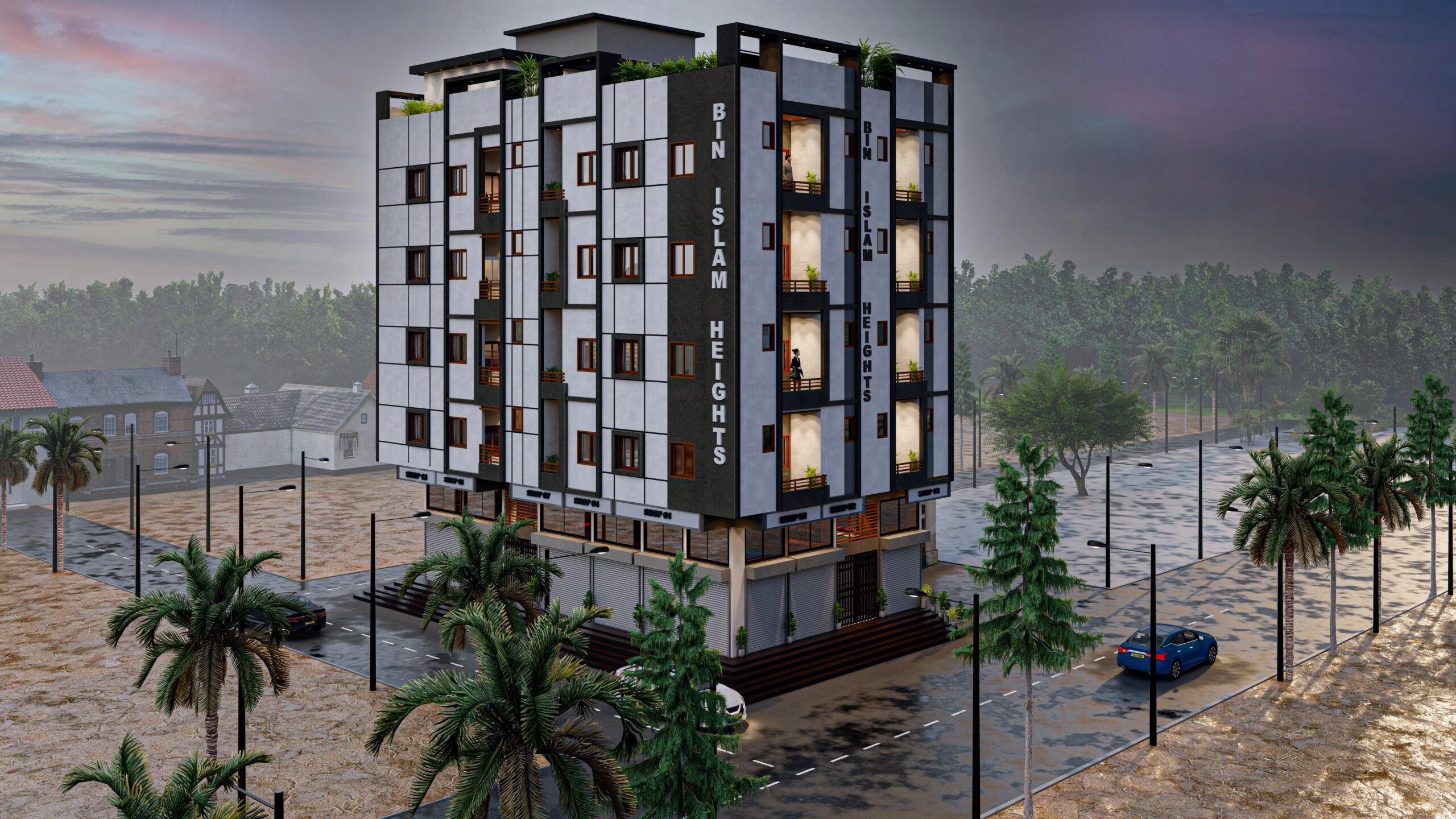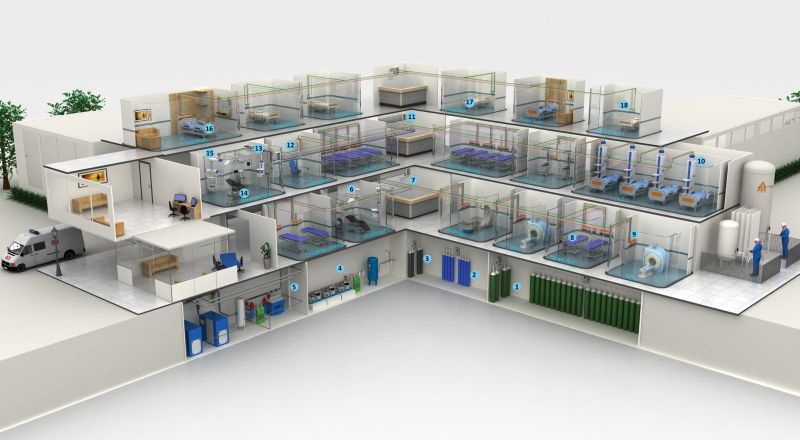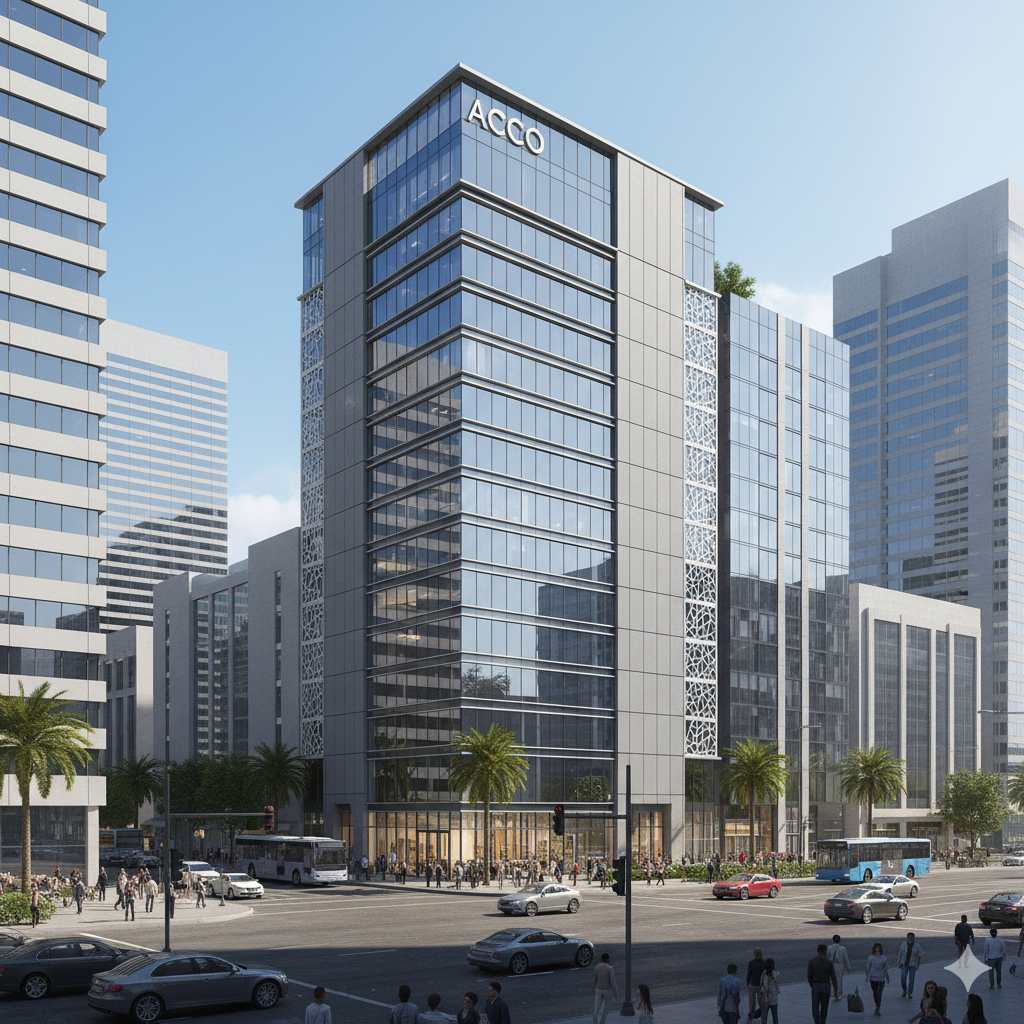
ACCO Sustainable Construction Practices in Karachi: A Growing Trend
| Heading | Subtopics |
|---|---|
| Introduction | – Overview of sustainable construction in Karachi<br>- Importance of ACCO’s role in this trend |
| History of Sustainable Construction in Karachi | – Early efforts and milestones<br>- Evolution over the years |
| ACCO’s Commitment to Sustainability | – Company philosophy<br>- Key sustainability principles |
| Notable Sustainable Projects by ACCO | – High-profile green buildings<br>- Residential and commercial projects |
| Green Building Certifications | – LEED and other certifications<br>- ACCO’s certified projects |
| Innovative Sustainable Construction Techniques | – Use of recycled materials<br>- Energy-efficient building methods |
| Eco-Friendly Materials Used by ACCO | – Types of materials<br>- Benefits and applications |
| Energy Efficiency in ACCO Projects | – Design strategies for energy savings<br>- Technologies used for energy efficiency |
| Water Conservation Practices | – Rainwater harvesting<br>- Greywater recycling |
| Waste Reduction and Management | – Construction waste management<br>- Recycling and reuse initiatives |
| ACCO’s Impact on Karachi’s Environment | – Reduction in carbon footprint<br>- Improvement in urban green spaces |
| Challenges in Sustainable Construction | – Regulatory barriers<br>- High costs and economic considerations |
| Case Studies of ACCO Projects | – Detailed analysis of successful projects<br>- Lessons learned and best practices |
| Community Benefits of Sustainable Construction | – Health and well-being of residents<br>- Economic benefits for local communities |
| Partnerships and Collaborations | – Collaboration with government bodies<br>- Partnerships with other sustainable firms |
| Educational Initiatives by ACCO | – Training programs for sustainable practices<br>- Community awareness programs |
| Future Trends in Sustainable Construction | – Emerging technologies<br>- Predictions for the next decade |
| Comparative Analysis: ACCO vs. Competitors | – Unique strengths<br>- Areas for improvement |
| Public Perception of ACCO’s Sustainable Practices | – Feedback from residents and stakeholders<br>- Media coverage and public opinion |
| The Economic Impact of Sustainable Practices | – Cost savings for residents<br>- Long-term economic benefits |
| Conclusion | – Summary of ACCO’s contributions<br>- Future outlook for sustainable construction in Karachi |
ACCO Sustainable Construction Practices in Karachi: A Growing Trend
SEO Meta Description
Discover how ACCO’s sustainable construction practices are transforming Karachi, promoting eco-friendly building methods, and shaping a greener urban future.
Introduction
Sustainable construction is gaining momentum in Karachi, driven by the need to address environmental challenges and improve urban living conditions. ACCO, a leader in innovative architectural solutions, is at the forefront of this growing trend. By integrating eco-friendly practices into their projects, ACCO is not only transforming Karachi’s skyline but also setting new standards for sustainable urban development.
History of Sustainable Construction in Karachi
The concept of sustainable construction in Karachi has evolved significantly over the years. Early efforts were modest, focusing on basic eco-friendly practices. However, as awareness of environmental issues grew, so did the sophistication of sustainable building techniques. Key milestones include the adoption of green building codes and the introduction of incentives for eco-friendly construction. ACCO has been a pivotal player in this evolution, championing sustainable practices from the outset.
ACCO’s Commitment to Sustainability
ACCO’s commitment to sustainability is deeply rooted in its corporate philosophy. The company believes in creating buildings that not only meet the needs of today but also preserve resources for future generations. This commitment is reflected in ACCO’s core sustainability principles, which include minimizing environmental impact, optimizing resource use, and enhancing the well-being of communities.
Notable Sustainable Projects by ACCO
ACCO’s portfolio boasts several high-profile sustainable projects that have set benchmarks in the industry. These include green buildings designed to maximize energy efficiency and minimize waste. Residential and commercial projects such as the Eco Tower and Green Plaza are prime examples of ACCO’s dedication to sustainability. These buildings feature innovative design elements that promote environmental responsibility and enhance the quality of life for occupants.
Green Building Certifications
One of the key indicators of ACCO’s success in sustainable construction is the array of green building certifications its projects have received. Certifications like LEED (Leadership in Energy and Environmental Design) highlight the firm’s adherence to stringent environmental standards. ACCO’s certified projects demonstrate excellence in areas such as energy savings, water efficiency, CO2 emissions reduction, and improved indoor environmental quality.
Innovative Sustainable Construction Techniques
ACCO employs a variety of innovative techniques to ensure sustainability in its projects. The use of recycled materials, for instance, reduces the demand for new resources and minimizes waste. Energy-efficient building methods, such as passive solar design and advanced insulation, help lower energy consumption. These techniques not only make buildings more eco-friendly but also reduce operating costs for occupants.
Eco-Friendly Materials Used by ACCO
The choice of materials is crucial in sustainable construction, and ACCO is at the forefront of using eco-friendly options. These materials include recycled steel, reclaimed wood, and low-VOC (volatile organic compound) paints. Each material is selected for its durability, environmental impact, and ability to improve indoor air quality. By prioritizing eco-friendly materials, ACCO ensures that its buildings are both sustainable and healthy for occupants.
Energy Efficiency in ACCO Projects
Energy efficiency is a cornerstone of ACCO’s sustainable construction practices. The firm incorporates various design strategies to optimize energy use, such as orienting buildings to maximize natural light and ventilation. Technologies like solar panels, energy-efficient HVAC systems, and smart lighting systems further enhance energy savings. These measures not only reduce the environmental footprint of ACCO’s buildings but also result in significant cost savings for residents and businesses.
Water Conservation Practices
Water conservation is another critical aspect of ACCO’s sustainability efforts. The firm employs techniques such as rainwater harvesting and greywater recycling to reduce water consumption. These systems collect and reuse water for non-potable applications, such as irrigation and flushing toilets. By implementing these practices, ACCO helps conserve a precious resource and reduce the strain on Karachi’s water supply.
Waste Reduction and Management
ACCO is committed to minimizing waste throughout the construction process. This includes careful planning to reduce material wastage, recycling construction debris, and reusing materials whenever possible. ACCO’s waste management practices ensure that a significant portion of construction waste is diverted from landfills, contributing to a more sustainable construction industry.
ACCO’s Impact on Karachi’s Environment
The environmental impact of ACCO’s sustainable construction practices is profound. By reducing the carbon footprint of its buildings, the firm helps mitigate climate change and improve air quality in Karachi. Additionally, ACCO’s projects often include green spaces and vegetation, which enhance urban biodiversity and provide much-needed recreational areas for residents.
Challenges in Sustainable Construction
Despite the numerous benefits, sustainable construction presents several challenges. Regulatory barriers, such as outdated building codes and lack of incentives, can hinder the adoption of eco-friendly practices. The high initial costs associated with sustainable materials and technologies also pose a challenge. However, ACCO’s innovative approach and commitment to sustainability enable it to overcome these obstacles and lead the way in green building.
Case Studies of ACCO Projects
Detailed case studies of ACCO’s projects provide valuable insights into the firm’s sustainable construction practices. For example, the Eco Tower features a range of green technologies, including solar panels and a rainwater harvesting system, that significantly reduce its environmental impact. Another notable project, Green Plaza, showcases ACCO’s use of recycled materials and energy-efficient design, setting a benchmark for sustainable commercial buildings.
Community Benefits of Sustainable Construction
Sustainable construction offers numerous benefits to local communities. ACCO’s projects enhance the health and well-being of residents by providing cleaner air and reducing exposure to harmful chemicals. Economic benefits include lower utility bills and increased property values. Furthermore, ACCO’s commitment to sustainability fosters a sense of community pride and encourages residents to adopt eco-friendly practices in their daily lives.
Partnerships and Collaborations
ACCO’s success in sustainable construction is bolstered by its strategic partnerships and collaborations. The firm works closely with government bodies to ensure compliance with green building standards and secure necessary approvals. Collaborations with other sustainable firms and organizations enable ACCO to stay at the forefront of industry trends and innovations, further enhancing the sustainability of its projects.
Educational Initiatives by ACCO
Education is a key component of ACCO’s sustainability efforts. The firm offers training programs to educate its employees and partners on sustainable construction practices. Community awareness programs help residents understand the benefits of green building and encourage them to adopt sustainable lifestyles. By investing in education, ACCO ensures that its commitment to sustainability extends beyond its projects to the broader community.
Future Trends in Sustainable Construction
The future of sustainable construction is bright, with emerging technologies and practices poised to revolutionize the industry. ACCO is at the forefront of these trends, exploring new materials such as bio-based composites and innovative construction methods like 3D printing. Predictions for the next decade include greater integration of smart building technologies, increased use of renewable energy sources, and a continued emphasis on reducing environmental impact.
Comparative Analysis: ACCO vs. Competitors
Comparing ACCO with its competitors highlights the firm’s unique strengths and areas for improvement. ACCO’s emphasis on innovation and sustainability sets it apart from many traditional construction firms. However, there is always room for growth, particularly in expanding its portfolio of green-certified buildings and further reducing construction costs. Overall, ACCO’s commitment to excellence positions it as a leader in sustainable construction.
Public Perception of ACCO’s Sustainable Practices
Public perception of ACCO’s sustainable practices is overwhelmingly positive. Residents, stakeholders, and the media praise the firm’s innovative approach to eco-friendly construction. ACCO’s buildings are lauded for their aesthetic appeal, functionality, and environmental benefits. This positive feedback reinforces ACCO’s reputation as a pioneer in sustainable construction and encourages the firm to continue pushing the boundaries of green building.
The Economic Impact of Sustainable Practices
Sustainable construction practices offer significant economic benefits, both for ACCO and the wider community. Energy-efficient buildings result in lower utility bills for residents and businesses, while the use of durable, eco-friendly materials reduces maintenance costs. Additionally, sustainable buildings tend to have higher property values and attract environmentally conscious tenants and buyers. These economic advantages make sustainable construction a smart investment for the future.
Conclusion
ACCO’s sustainable construction practices are transforming Karachi, promoting a greener, more eco-friendly urban environment. Through innovative techniques, eco-friendly materials, and a commitment to community well-being, ACCO is setting new standards for sustainable building. As the firm continues to lead the way in green construction, Karachi’s skyline will undoubtedly reflect a brighter, more sustainable future.
FAQs
What are ACCO’s key sustainability principles? ACCO’s sustainability principles include minimizing environmental impact, optimizing resource use, and enhancing community well-being.
How does ACCO incorporate eco-friendly materials in its projects? ACCO uses recycled steel, reclaimed wood, and low-VOC paints to ensure its buildings are both sustainable and healthy for occupants.
What are some notable sustainable projects by ACCO? Notable sustainable projects by ACCO include the Eco Tower and Green Plaza, which feature innovative design elements and green technologies.
What challenges does ACCO face in sustainable construction? Challenges include regulatory barriers, high initial costs of sustainable materials, and the need to balance innovation with compliance and sustainability.
How does ACCO’s sustainable construction impact Karachi’s environment? ACCO’s sustainable construction practices reduce carbon footprints, improve air quality, and enhance urban green spaces, contributing to a healthier environment.
What future trends in sustainable construction is ACCO exploring? ACCO is exploring emerging technologies such as bio-based composites, 3D printing, smart building technologies, and renewable energy sources to further enhance sustainability.




